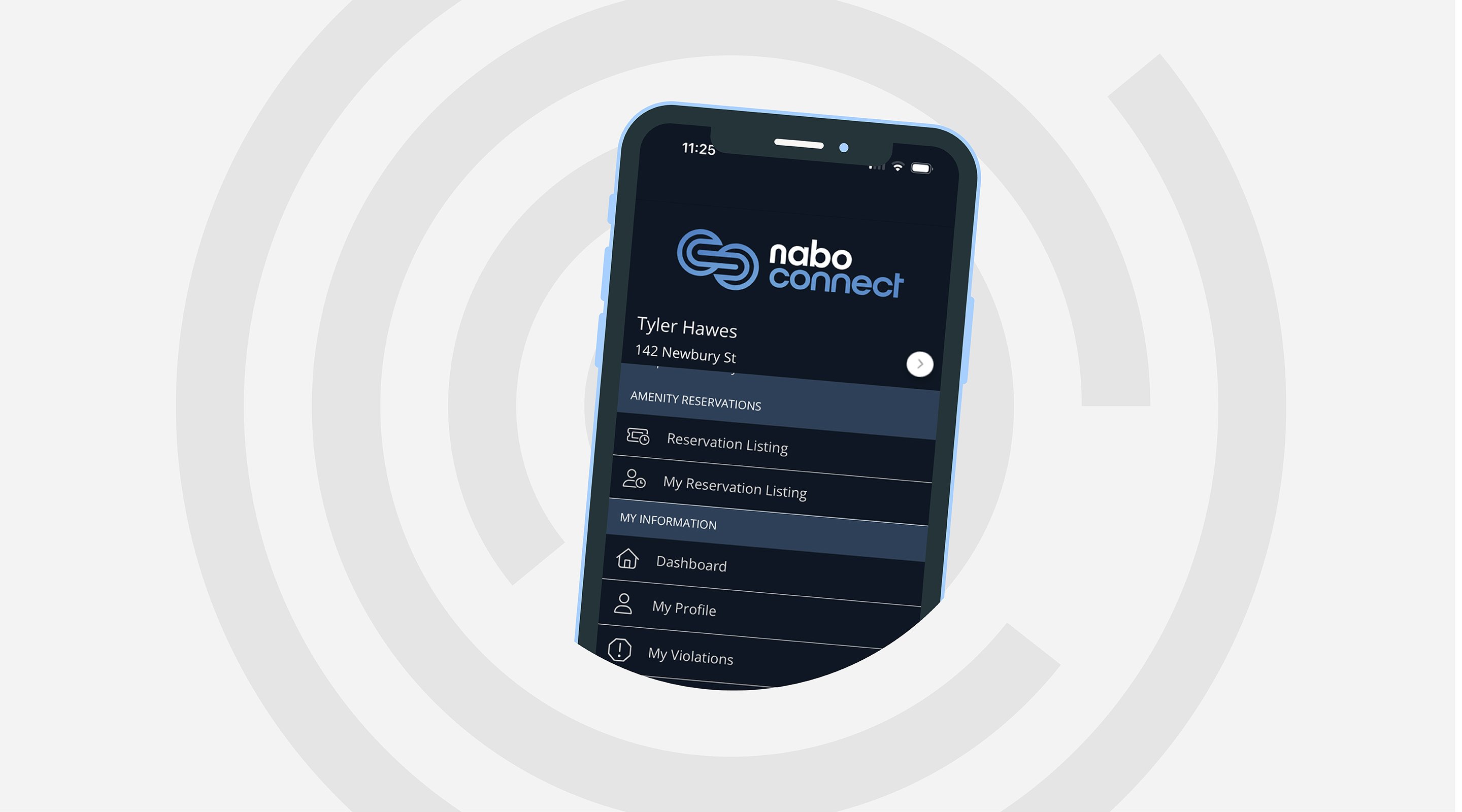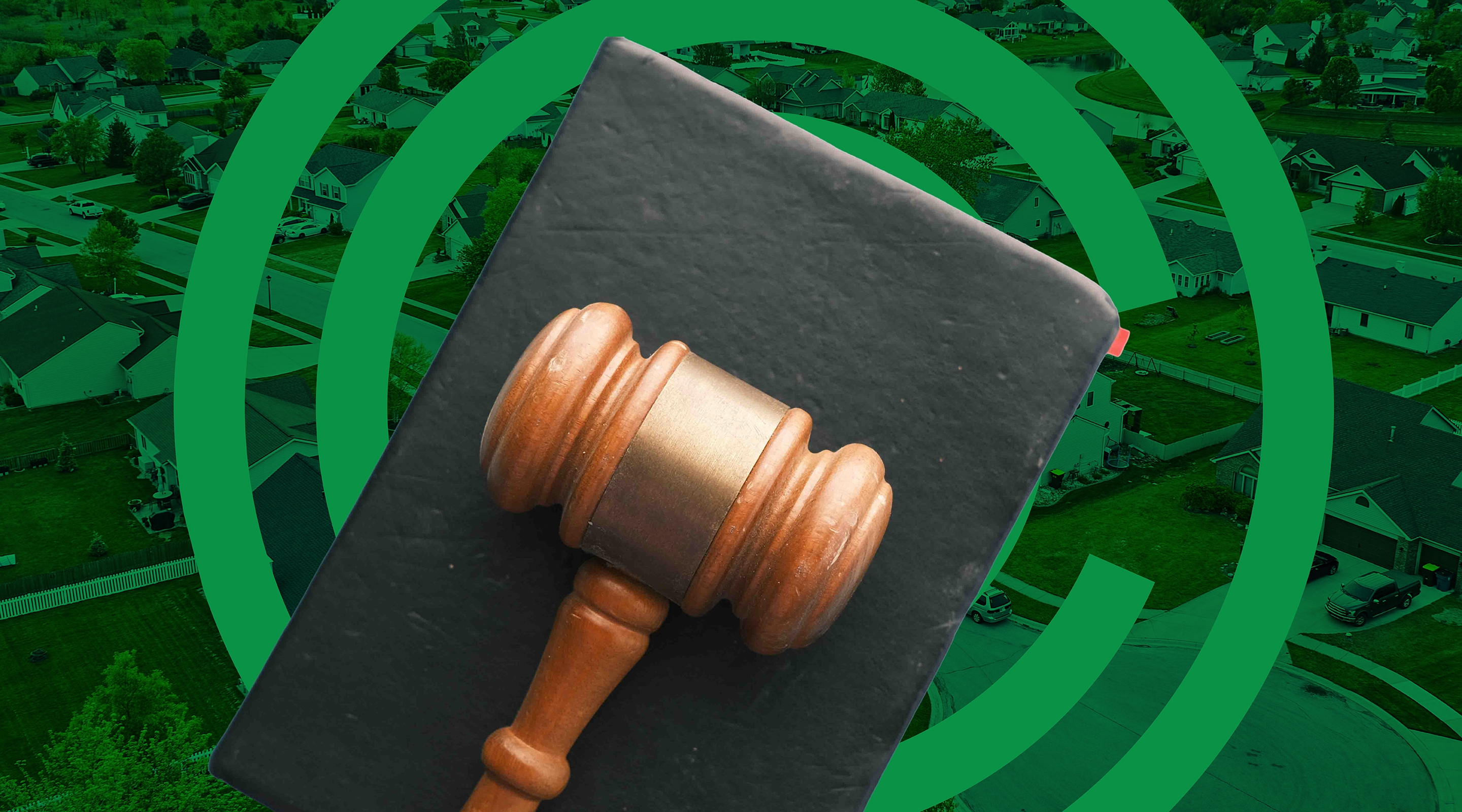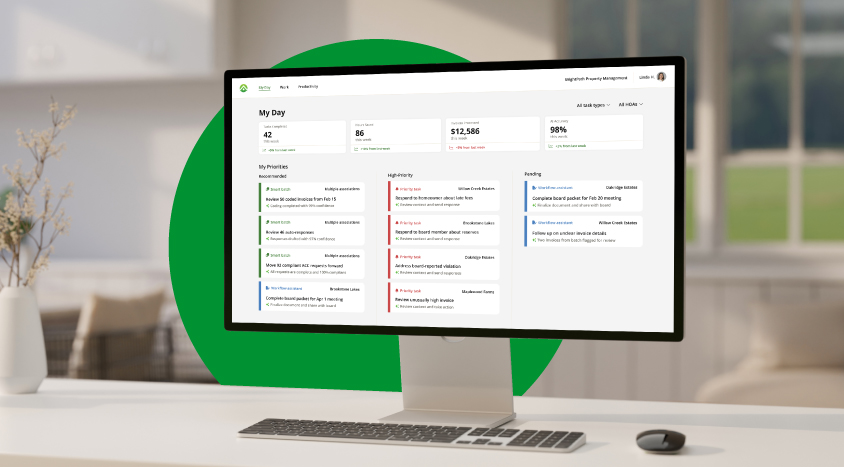
Turning Hours Into Impact: How The NABO Group Uses Cephai+ to Scale Smarter
Read

Bye, Budget Burnout: CINC’s AI-Powered Budget Agent is Changing the Game for CAMs
Read

Snail Mail, But Smarter: CINC Partners with HOA Mailers
Read

From ‘Dewitt’ to Done: Inside DOME’s AI-Powered CAM Ops Evolution
Read

4 Reasons You’ll Love CINC’s New-and-Improved Community Portal
Read

Homeowner Data at Risk: The Alarming Cybersecurity Gap in CAM Operations
Read

AI for CAMs: Separating Signal from Noise in an Age of AI Overload
Read

Make Pool Season Chill: How CINC Is Taking the Heat Off Community Managers
Read

Why HOAs Need a Culture of Transparency, With or Without New Laws
Read

The Future of CAM Technology: Why CINC Leads the Pack in HOA AI Solutions
Read

Scaling With Soul: RISE Management Group Reimagines Growth Using AI
Read

Top 4 Benefits of AI for Community Association Management
Read